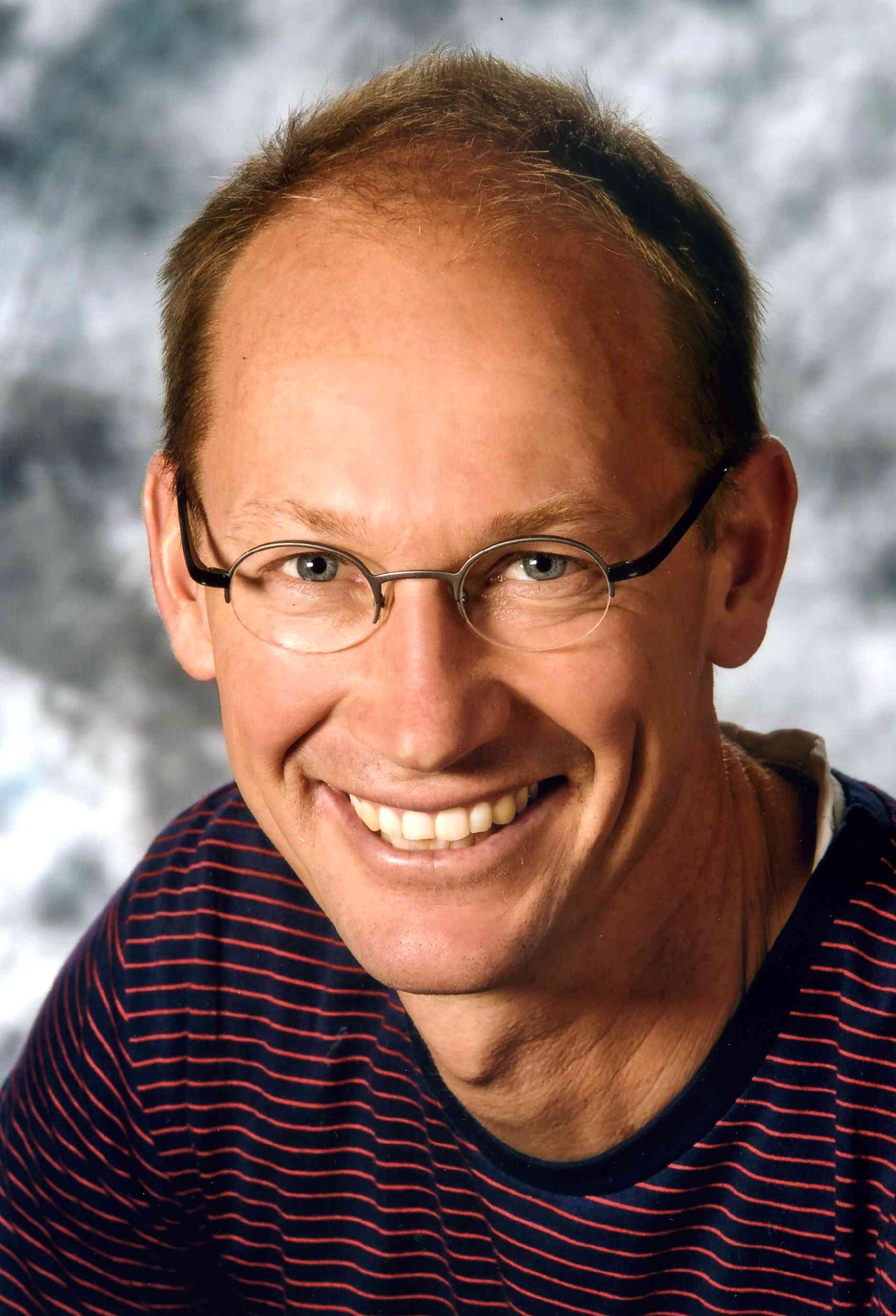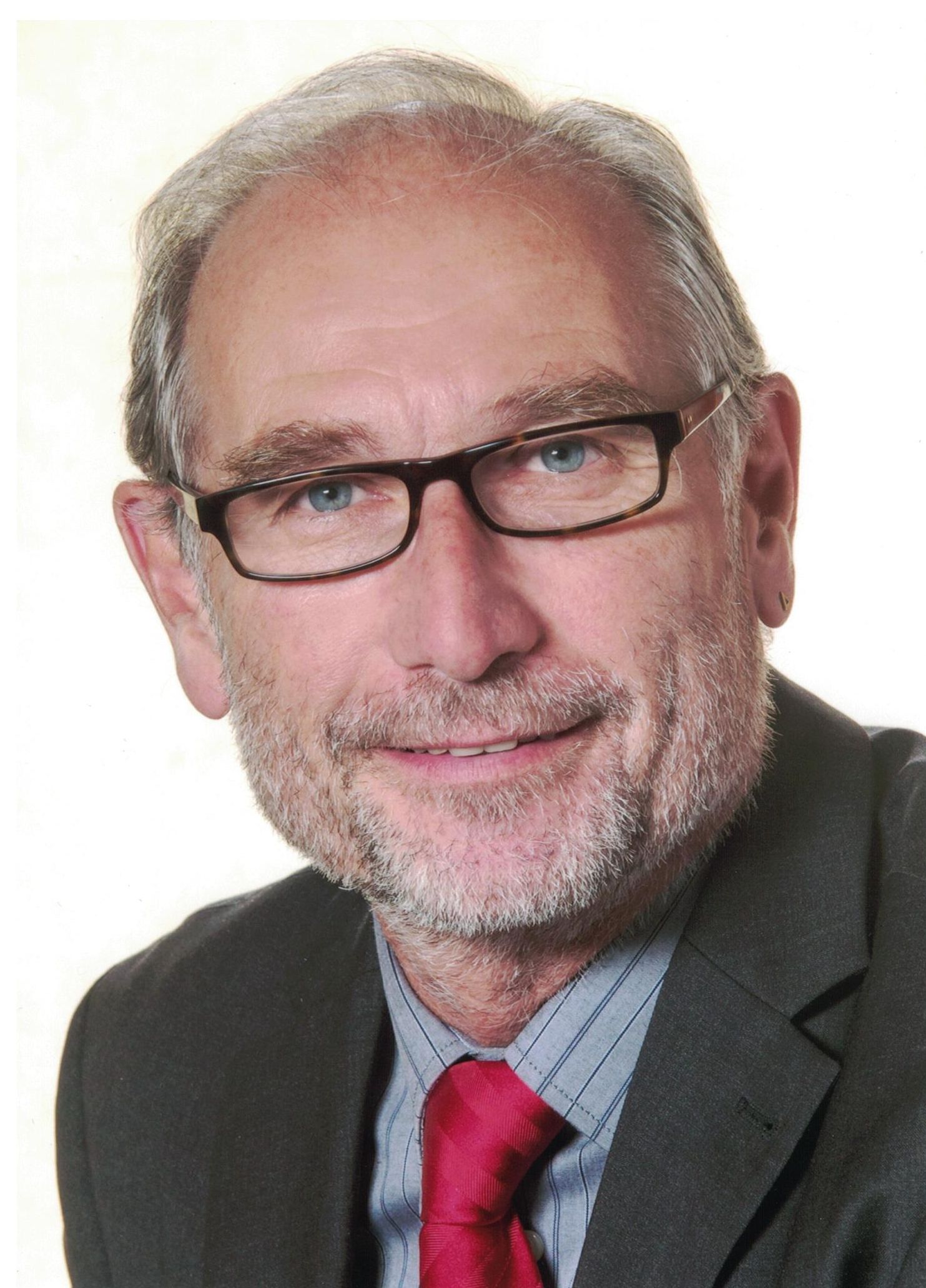School team from Singen develops testing process for bike finishes
For about ten years, Friedrich Wöhler High School in Singen has been home to the student engineers academy (Schüler-Ingenieur-Akademie – SIA). Working with local businesses and universities, 10th graders have the chance to get a feel for engineering through various projects. This year’s team took a closer look at various paints and finishes and their wear resistance.
Students taking a shop class at Friedrich Wohler High School spent part of their lessons restoring old bikes. But there often wasn’t enough money for expensive paints and finishes, so the students wanted to test whether bike paints bought at the hardware store have a similar quality to the paints used by bike manufacturers. To this end, the team of students at the SIA designed two machines that test coatings for scratch and impact resistance. Their work was sponsored by the Baden-Wurttemberg Foundation as part of its mikromakro project.
To test paint resistance, the young shop students closely investigated two aspects: one was the ability of the bike frame finish to withstand the impact of gravel, the other was to test its ability to withstand scuffing from the repeated rubbing of components like the brake and pull cables that run along the side of the bike frame. The team of students developed test procedures for both types of wear and documented observed changes during the test processes. To test impact resistance, the students let a defined quantity of gravel fall onto the frame from a specific height. Automating the release of individual gravel stones proved particularly challenging. Testing the scratch resistance was relatively easy in comparison: two cylinders pulled a cable back and forth across the test coat.
The Steinbeis Transfer Center Science Technology Education supported the project under its director Horst Scheu. As the former principal of Friedrich Wohler High School in Singen, Scheu played a big part in promoting the SIA. He has consulted and advised students at the SIA since he retired from active service at the school. It was also his idea to present the project to the general public at the 2016 Steinbeis Day. And so the student SIA team traveled to Stuttgart in September: with a very promising project idea and a good dose of self-confidence, although several of the team members were quite nervous that morning, primarily because they had never presented the project to this kind of audience before. Once the group was on site in Stuttgart and they had their stand set up, they found the enthusiasm and energy from the other groups presenting projects infectious. “It was a great experience and I think we were all able to take away a lot from being there,” said one of the team members. The team from Friedrich Wohler High School was particularly impressed by the interest and appreciation shown by visitors to the stand – people from the worlds of science, business, and politics were genuinely interested in the information shared at the event.
The next step of the project will be to conduct tests on the prepared bike frames. One interesting question will be how bikes made of renewable materials will fare in testing – bikes these days are now also made of things like wood and bamboo. New tests will also be conducted on different types of paints. There are still a few improvements to make on the machine for impact resistance. A group has now formed to tackle this problem.
Kontakt
Thomas Kilian is a teacher at Friedrich Wohler High School in Singen and he supervises the school projects carried out at the student engineers academy (SIA), an alliance involving the school, universities, and businesses, and initiated by the Sudwestmetall association. The aim is to awaken an interest for science and engineering at the senior high school level and to give these students the right setting to get to know the field of engineering.
Horst Scheu is the director of the Steinbeis Transfer Center for Science Technology Education. Projects at the Steinbeis Enterprise focus on collaboration between school and science, career planning, motivating young people to get interested in technical topics, investigating technical career fields, the manufacturing of products, planning and conducting project work and internships, dovetailing school activities organized through companies with the curriculum, as well as school development.

Thomas Kilian
Horst Scheu
Steinbeis Transfer Center, Science Technology Education (Constance)


